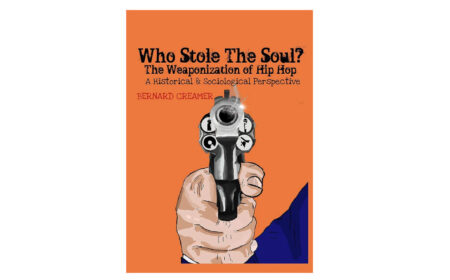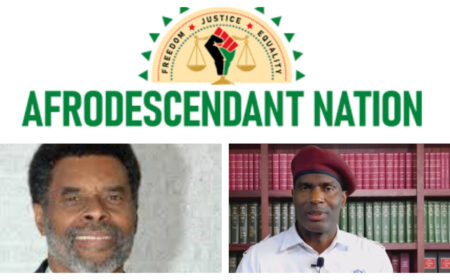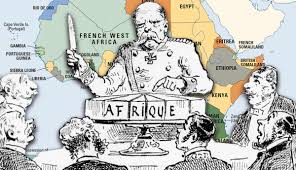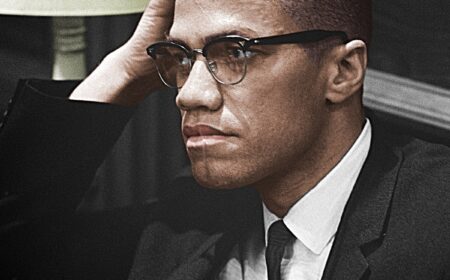WE MUST NEVER FORGET!!!
WALTER RODNEY 1942 – June 13, 1980
Was a Pan-Africanist, Historian, Political Activist and Preeminent Scholar, who was assassinated in Guyana in 1980.
Walter Rodney was born in Georgetown, Guyana on March 23, 1942. His was a working class family-his father was a tailor and his mother a seamstress. After attending primary school, he won an open exhibition scholarship to attend Queens College as one of the early working-class beneficiaries of concessions made in the filed of education by the ruling class in Guyana to the new nationalism that gripped the country in the early 1950s.
While at Queens College young Rodney excelled academically, as well as in the fields of athletics and debating. In 1960, he won an open scholarship to further his studies at the University of the West Indies in Jamaica. He graduated with a first-class honors degree in history in 1963 and. he won an open scholarship to the School of Oriental and African Studies in London. In 1966, at the age of 24 he was awarded a Ph.D. with honors in African History.
His doctoral research on slavery on the Upper Guinea Coast was the result of long meticulous work on the records of Portuguese merchants both in England and in Portugal. In the process he learned Portuguese and Spanish which along with the French he had learned at Queens College made him somewhat of a linguist.
In 1970, his Ph.D dissertation was published by Oxford University Press under the title, A History of the Upper Guinea Coast, 1545-1800. This work was to set a trend for Rodney in both challenging the assumptions of western historians about African history and setting new standards for looking at the history of oppressed peoples. According to Horace Campbell “This work was path-breaking in the way in which it analyzed the impact of slavery on the communities and the interrelationship between societies of the region and on the ecology of the region.”
Walter took up his first teaching appointment in Tanzania before returning to his alma mater, the University of the West Indies, in 1968. This was a period of great political activity in the Caribbean as the countries begun their post colonial journey. But it was the Black Power Movement that caught Walter’s imagination.
Some new voices had begun to question the direction of the post-independence governments, in particular their attitude to the plight of the downpressed. The issue of empowerment for the black and brown poor of the region was being debated among the progressive intellectuals. Rodney, who from very early on had rejected the authoritarian role of the middle class political elite in the Caribbean, was central to this debate. He, however, did not confine his activities to the university campus. He took his message of Black Liberation to the gullies of Jamaica. In particular he shared his knowledge of African history with one of the most rejected section of the Jamaican society-the Rastafarians.
Walter had shown an interest in political activism ever since he was a student in Jamaica and England. Horace Campbell reports that while at UWI Walter “was active in student politics and campaigned extensively in 1961 in the Jamaica Referendum on the West Indian Federation.” While studying in London, Walter participated in discussion circles, spoke at the famous Hyde Park and, participated in a symposium on Guyana in 1965. It was during this period that Walter came into contact with the legendary CLR James and was one of his most devoted students.
By the summer of 1968 Rodney’s “groundings with the working poor of Jamaica had begun to attract the attention of the government. So, when he attended a Black Writers’ Conference in Montreal, Canada, in October 1968, the Hugh Shearer-led Jamaican Labor Party Government banned him from re-entering the country. This action sparked widespread riots and revolts in Kingston in which several people were killed and injured by the police and security forces, and millions of dollars worth of property destroyed.. Rodney’s encounters with the Rastafarians were published in a pamphlet entitled “Grounding with My Brothers,” that became a bible for the Caribbean Black Power Movement.
Having been expelled from Jamaica, Walter returned to Tanzania after a short stay in Cuba.. There he lectured from 1968 to 1974 and continued his groundings in Tanzania and other parts of Africa. This was the period of the African liberation struggles and Walter, who fervently believed that the intellectual should make his or her skills available for the struggles and emancipation of the people, became deeply involved.. It was from partly from these activities that his second major work, and his best known –How Europe Underdeveloped Africa – emerged. It was published by Bogle-L’Ouverture, in London, in conjunction with Tanzanian Publishing House in 1972.
This Tanzanian period was perhaps the most important in the formation of Rodney’s ideas. According to Horace Campbell “Here he was at the forefront of establishing an intellectual tradition which still today makes Dar es Salaam one of the centers of discussion of African politics and history. Out of he dialogue, discussions and study groups he deepened the Marxist tradition with respect to African politics, class struggle, the race question, African history and the role of the exploited in social change. It was within the context of these discussions that the book, How Europe Underdeveloped Africa was written.”
Campbell also reports that ” In he same period, he wrote the critical articles on Tanzanian Ujamaa, imperialism, on underdevelopment, and the problems of state and class formation in Africa. Many of his articles which were written in Tanzania appeared in Maji Maji, the discussion journal of the TANU Youth League at the University. He worked in the Tanzanian archives on the question of forced labor, the policing of the countryside and the colonial economy. This work– ” World War II and the Tanzanian Economy”– was later published as a monograph by Cornell University in 1976″.
Rodney also developed a reputation as a Pan-Africanist theoretician and spokes person. Campbell says that “In Tanzania he developed close political relationships with those who were struggling to change the external control of Africa He was very close to some of the leaders of liberation movements in Africa and also to political leaders of popular organizations of independent territories. Together with other Pan-Africanists he participated in discussing leading up to the Sixth Pan-African Congress, held in Tanzania, 1974. Before the Congress he wrote a piece: “Towards the Sixth Pan-African Congress: Aspects of the International Class Struggle in Africa, the Caribbean and America.”
In 1974, Walter returned to Guyana to take up an appointment as Professor of History at the University of Guyana, but the government rescinded the appointment. But Rodney remained in Guyana, joined the newly formed political group, the Working People’s Alliance. Between 1974 and his assassination in 1980, he emerged as the leading figure in the resistance movement against the increasingly authoritarian PNC government. He give public and private talks all over the country that served to engender a new political consciousness in the country. During this period he developed his ideas on the self emancipation of the working people, People’s Power, and multiracial democracy.
On July 11, 1979, Walter, together with seven others, was arrested following the burning down of two government offices. He, along with Drs Rupert Roopnarine and Omawale, was later charged with arson. From that period up to the time of his murder, he was constantly persecuted and harassed and at least on one occasion, an attempt was made to kill him. Finally, on the evening of June 13, 1980, he was assassinated by a bomb in the middle of Georgetown..
Walter was married to Dr Patricia Rodney and the union bore three children- Shaka, Kanini and Asha.






Comment (1)
Timothy Walker
Excellent article about Walter Rodney. I have his book entitled “How Europe Underdeveloped Africa”. It is a must read, and should be in every
black person’s library at home who are conscious about their people and their history.